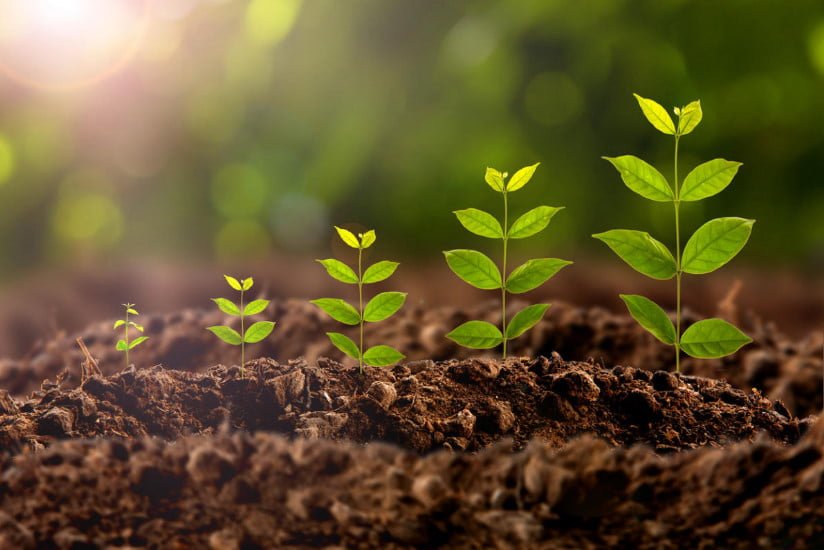
The controversy surrounding plant growth regulators continues unabated: proponents of their use point to numerous advantages, while opponents point to significant disadvantages. We will not dispute the point of view of any of the parties: on their own dacha territory, everyone has the right to grow crops at their own discretion.
But after all, the trouble of ordinary summer residents (which include yourself): if the drug manufacturers are ready to tell you about the advantages of using growth regulators, they will modestly keep silent about the disadvantages. So what is more from the use of growth regulators: benefit or harm? Let’s try to figure it out.
Let’s clarify the definition
To begin with, we will clarify what should be considered as regulators of growth and development. Here is the definition: “unlike insectofungicides, herbicides, defoliants, and fertilizers, plant growth and development regulators can be defined as synthetic and natural organic compounds that affect plant life processes without causing toxic effects in the concentrations used, and are not a source of nutrition.”
Regulators are assistants, not substitutes
I do not need to remind you that the regulator is not a magic wand, at the wave of which everything blooms luxuriantly and gives mountains of fruit. Poor soil, lack of irrigation, unfavorable weather conditions-the influence of these factors has not been canceled, and they should be taken into account in any case.
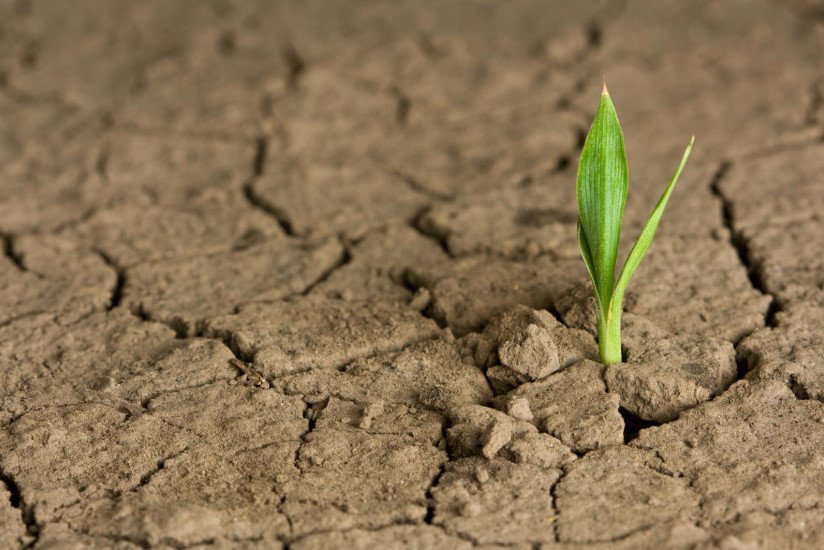
Regulators activate the plants ‘ own power, rather than endow them with miraculous powers. I will not list all the possibilities of drugs (the packaging usually indicates the mechanism of action), I will focus only on those whose effectiveness is most often confirmed by summer residents.
Root formation stimulants
The most positive reviews about them: rooting cuttings of rare and “capricious” herbaceous, woody and coniferous plants, processing tubers (including divided into parts) of potatoes for emergency germination, accelerated reproduction of rare potato varieties (sprouts, green cuttings) and much more.
Growth promoters (inhibitors)
It is most often used to stop the growth of seedlings when it is time to plant, and this can not be done for any reason. Many have gone further: they process tall flowers (as a result, the flower stalks become shorter and thicker, do not fall under the weight of flowers and wind), vines (the size of the foliage increases, the internodes become shorter) and other plants (mainly decorative).
Regulators are stress adaptogens
There are many positive reviews about the care of “tortured” seedlings with an open root system, helping plants after frosts and droughts (with the removal of dead parts), and the rapid restoration of severely damaged specimens by pests.
In general, plant growth and development regulators are clearly effective. Another thing is that the effect is not always equal to the one stated by the manufacturer, for which there may be several reasons that are not related to the regulators themselves: incorrect dosage, untimely treatment,fake drug. Yes, with their help, you can stop growth, and preserve the ovaries, and make the fruits ripen soon: but what is the price for power over plants?
Plant growth and development regulators-cons
And they seem to be there: the biggest harm from the use of growth regulators, the mention of which I was able to find, are magnificent houseplants that calmly wither a month after purchase and seedlings that refused to grow after using the “Athlete” (according to experts, by the way, you can not count on a good harvest after such treatment). Is it true?
I don’t think it’s safe. After all, manufacturers indicate the hazard class on packages and ampoules (most often 3 and 4), and then write that the drug is harmless to humans, insects and the environment. It’s hard to believe…
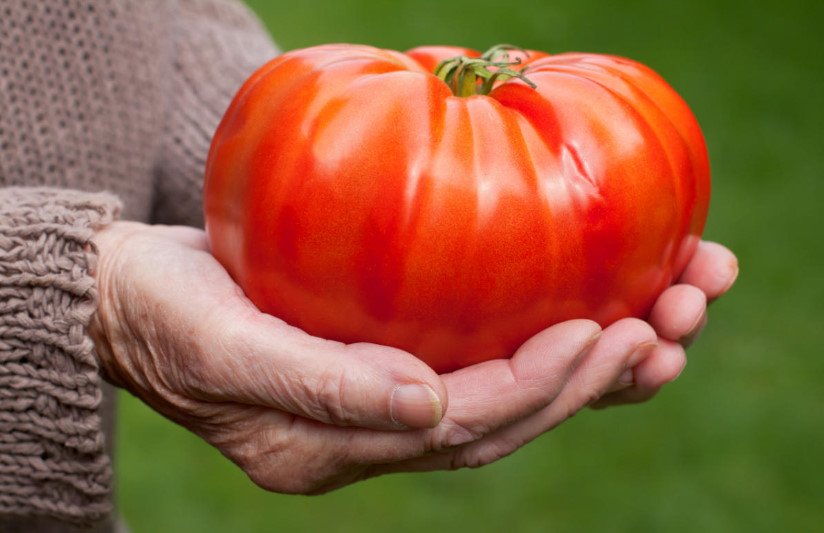
The effect of regulators on plants is still not fully understood: what changes occur in them after the use of a particular drug? After all, even annual crops react to a single application of the regulator in an unpredictable way, the consequences of systematic treatment of perennial plants are unknown, and it is not a fact that it is positive. Time will tell.
Personally, I resort to the help of regulators only in cases of extreme necessity and only on ornamental plants. This is my decision, my choice. Do you use plant growth and development regulators?
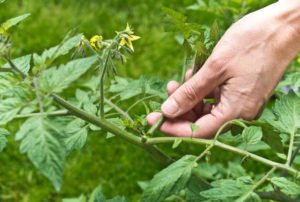

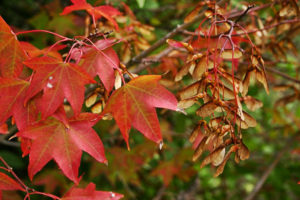

Leave a Reply